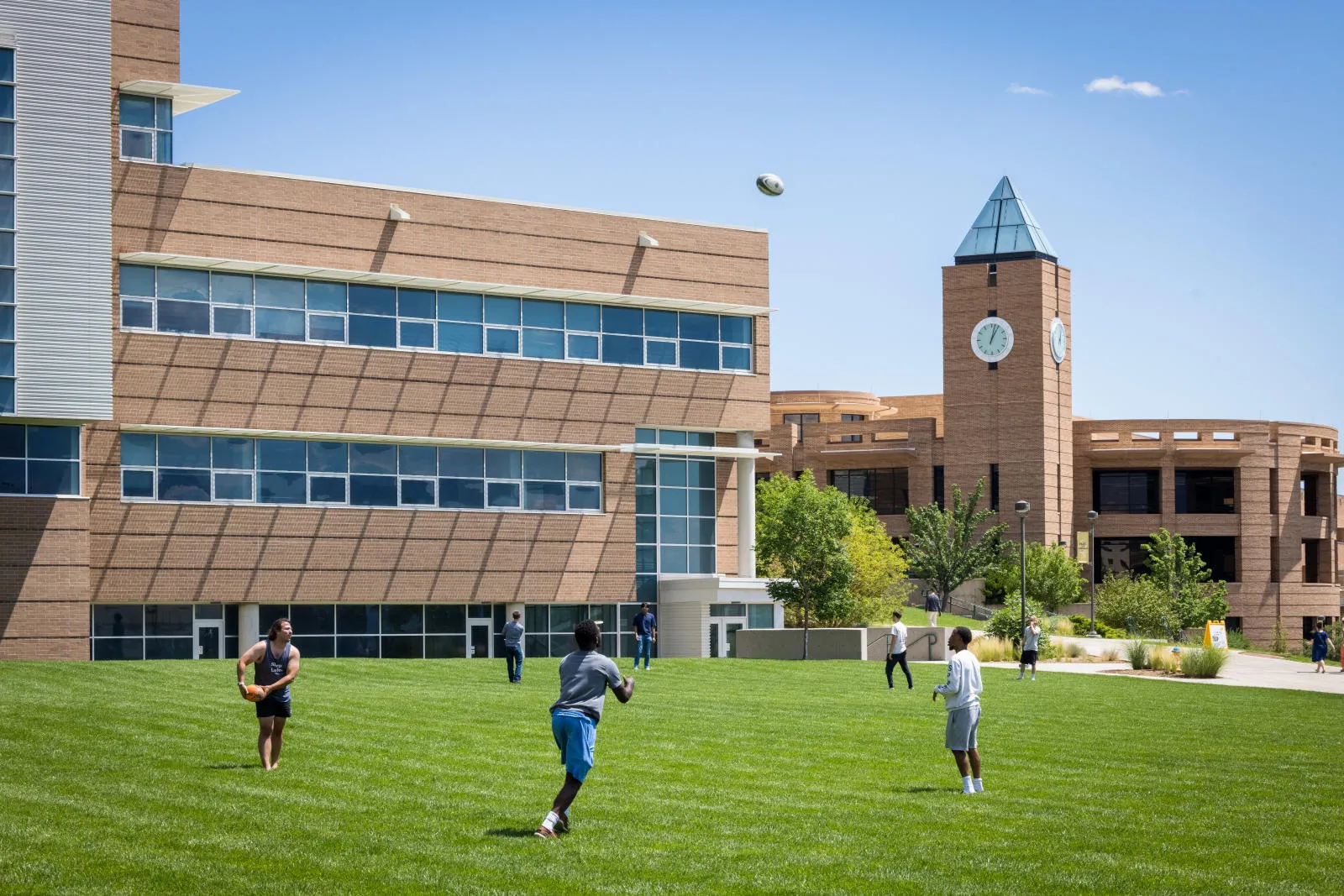
Bachelor of Science in Mechanical Engineering
- Program Delivery
- On Campus, Online, Hybrid
- Total Credits
- 127 Credits
About the Program
The undergraduate curriculum in mechanical engineering incorporates math, physics and chemistry, humanities/social sciences, business, engineering, electrical theory, measurement science, mechanical engineering core courses (computer-aided drafting, dynamics and controls, solid and fluid mechanics, thermodynamics, materials science, and heat and mass transfer), and selected technical elective courses. These electives are designed to meet the needs of the industrial, commercial, governmental, and military communities, and to serve students' professional objectives.
Undergraduate students also have many opportunities to become involved in discipline related activities outside the classroom. The MAE Department has active chapters in the American Society of Mechanical Engineers (ASME), the American Institute of Aeronautics and Astronautics (AIAA), and the Society of Automotive Engineers (SAE).
Focus of Study
ABET
The Department of Mechanical and Aerospace Engineering has established the following set of program educational objectives for the Bachelor of Science in Mechanical Engineering:
- Graduates will be able to use mechanical engineering principles, proficiencies, and technical information to pursue graduate school or engineering careers including but not limited to design, development, project management and technical sales.
- Graduates will be equipped to pursue continued lifelong growth and development in mechanical engineering, including learning and applying new engineering processes, tools, and technologies.
- Graduates will be able contribute to the state-of-the-art in engineering design, research and problem solving, including consideration of professional responsibilities.
Learning Outcomes
Program outcomes describe what students are expected to know and be able to do by the time of graduation. These are as follows:
- An ability to apply knowledge of mathematics, science, and engineering
- An ability to design and conduct experiments, as well as to analyze and interpret data
- An ability to design a system, component, or process to meet desired needs within realistic constraints such as economic, environmental, social, political, ethical, health and safety, manufacturability, and sustainability
- An ability to function on multi-disciplinary teams
- An ability to identify, formulate, and solve engineering problems
- An understanding of professional and ethical responsibility
- An ability to communicate effectively
- The acquisition of the broad education necessary to understand the impact of engineering solutions in a global, economic, environmental, and societal context
- A recognition of the need for, and an ability to engage in life-long learning
- A knowledge of contemporary issues
- An ability to use the techniques, skills, and modern engineering tools necessary for engineering practice
- An ability to apply principles of engineering, basic science, and mathematics (including multivariate calculus and differential equations); to model, analyze, design, and realize physical systems, components or processes
- An ability to work professionally in both thermal and mechanical systems areas
The objectives are regularly reviewed by the constituents of the department's programs, including industrial representatives, students in the program, and the faculty of the department.
The objectives are used to focus the undergraduate degree program and assure the best possible education to our students.
Program Requirements
For details on degree requirements, please visit the Academic Catalog.
Program Coursework
For details on program coursework, please visit the Academic Catalog.
Admission Details
To learn more about admission requirements and the application process, please visit the UCCS Admissions page.
Additional resources for Admissions:

ABET Enrollment Data
Year | Fall Enrollment | Bachelor Degree Conferrals | Masters Degree Conferrals | PhD Degree Conferrals |
|---|---|---|---|---|
2012 | 314 | 14 | 12 | 1 |
2013 | 329 | 19 | 13 | 6 |
2014 | 408 | 11 | 9 | 6 |
2015 | 473 | 50 | 17 | 11 |
2016 | 525 |